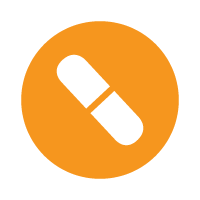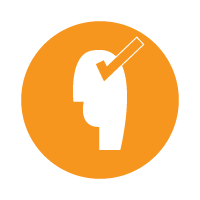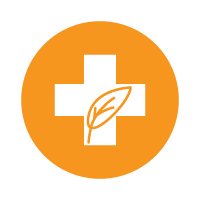TREATMENT
In 2013, about 34.6 million adults (14.6%) received mental health care, including inpatient or outpatient care or prescription medicines. That rate was comparable to 2012, but higher than the rates in 2002 to 2011, which ranged from 12.8% to 13.8%.

Approximately 60% of adults and almost one-half of youth ages 8 to 15 with mental illness received NO mental health services in the previous year.
PSYCHOTHERAPY
Psychotherapy is the therapeutic treatment of mental illness provided by a trained mental health professional. Psychotherapy explores thoughts, feelings, and behaviors, and seeks to improve an individual’s well-being. Psychotherapy paired with medication is the most effective way to promote recovery. Examples include: Cognitive Behavioral Therapy, Exposure Therapy, Dialectical Behavior Therapy, etc.
MEDICINE
Medication does not outright cure mental illness. However, it may help with the management of symptoms. Medication paired with psychotherapy is the most effective way to promote recovery.
-Medications are not cures.
-Every medicine has its benefits and its risks.
-Medications often help the most when they're part of an overall treatment program.
-It can take time to feel better.
HOSPITALIZATION
In a minority of cases, hospitalization may be necessary so that an individual can be closely monitored, accurately diagnosed or have medications adjusted when his or her mental illness temporarily worsens.
SUPPORT GROUP
A support group is a group meeting where members guide each other towards the shared goal of recovery. Support groups are often comprised of nonprofessionals, but peers that have suffered from similar experiences.
SELF HELP
A self-help plan is a unique health plan where an individual addresses his or her condition by implementing strategies that promote wellness. Self-help plans may involve addressing wellness, recovery, triggers or warning signs.
COMPLEMENTARY & ALTERNATIVE MEDICINE
Complementary & Alternative Medicine, or CAM, refers to treatment and practices that are not typically associated with standard care. CAM may be used in place of or addition to standard health practices.
40% or more of Americans self-treat themselves with CAM without professional supervision, often without disclosing it to their psychiatrist or primary care provider.





